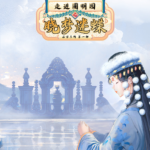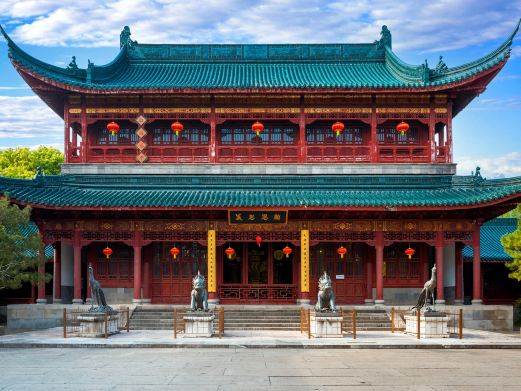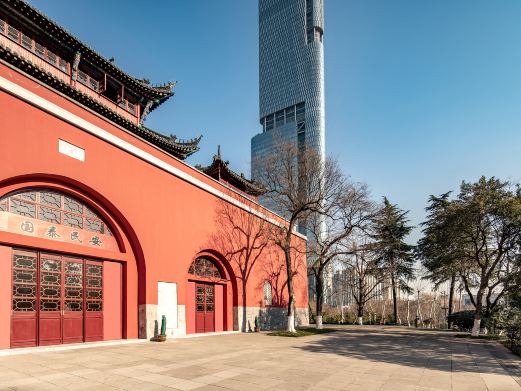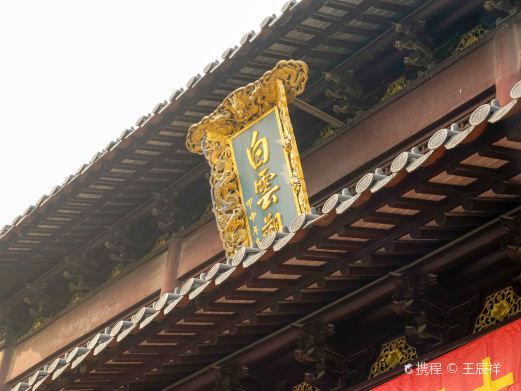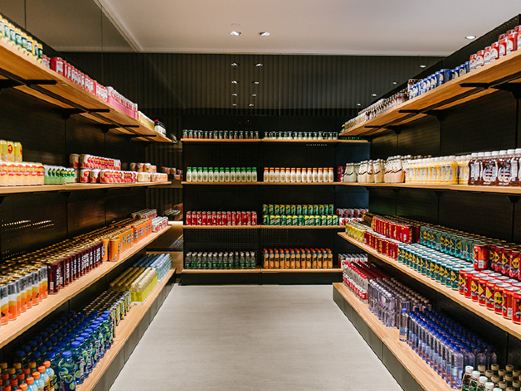Yu Garden, located in the northeastern part of the Shanghai Yuyuan Tourism and Business District, is adjacent to the Shanghai City God Temple and the Shanghai Yuyuan Tourism Shopping Center. It is a renowned classical garden in Jiangnan, famous both domestically and internationally as a historical site. In 1982, it was designated by the State Council as a ‘National Key Cultural Relic Protection Unit’.
Yu Garden was originally constructed during the Ming Dynasty’s Jiajing and Wanli eras, with a history of over four hundred and fifty years. The garden’s owner, Pan Yunduan, once served as the Financial Commissioner of Sichuan. To ensure his father’s comfortable retirement, Pan Yunduan began constructing the garden on his family’s vegetable field in the year Jiawei (1559) of the Jiajing era, gathering stones, carving pools, building pavilions, and planting bamboos. After more than two decades of meticulous effort, Yu Garden was completed. The name ‘Yu’ signifies ‘peace’ and ‘stability’, and the garden was named ‘Yu Garden’ to express the wish for ‘pleasing the elderly’.

Initially, Yu Garden covered an area of over seventy acres and was meticulously designed by the famous Ming Dynasty garden architect Zhang Nanyang, who also participated in the construction. The garden is grand in scale and beautiful in scenery. Today, Yu Garden spans 2 hectares, with its pavilions, rugged rocks, lush greenery, and tranquil and exquisite beauty. It features the characteristic of being compact yet spacious, reflecting the artistic style of Jiangnan garden architecture from the Ming and Qing dynasties.

Within Yu Garden, historical sites such as the ‘Book Collection Building’, the birthplace of ‘Shanghai-style calligraphy and painting’, and the ‘Dianchun Hall’, the command center of the Shanghai Small Sword Society uprising, are still preserved. Generations of ancient people have praised Yu Garden as ‘the most extraordinary and beautiful in the southeast’ and ‘the crown of famous gardens in the southeast’. Many domestic and international politicians and celebrities have visited Yu Garden, making it a rare traditional cultural business card for Shanghai.

Opening hours: February 1st to February 8th, Tuesday to Sunday, 09:00-16:30; closed all day on Mondays; February 9th, Friday, 09:00-14:30; February 10th to February 17th, 09:00-16:00; February 18th to December 31st, Tuesday to Sunday, 09:00-16:30; closed all day on Mondays.
Admission is free for disabled individuals with valid identification upon registration and verification. Admission is free for active military personnel, disabled veterans, martyrs’ families, families of military personnel who died in service, and families of military personnel who passed away due to illness with valid identification upon registration and verification. Admission is free for firefighters (including students from fire rescue academies) with valid identification upon registration and verification. Free service facilities, such as restrooms, are located to the east of the Wanhua Building and the Hanbi Building.


